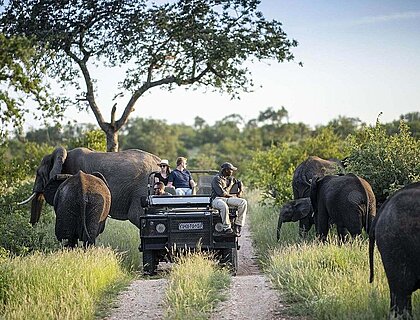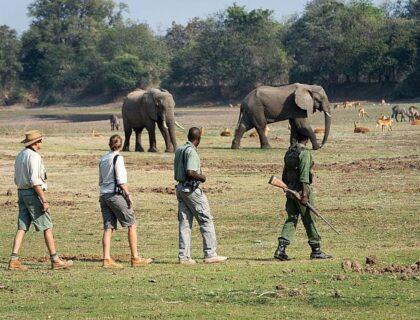Worried about malaria on safari? You’re not alone—and it’s a valid question. But let’s take a closer look at the facts and put those fears into perspective. The safari industry blithely talks about malaria areas and non-malaria areas (or malaria-free) in terms of our safari destinations. Without adequately explaining why certain areas are malarial and others are not. So how would the risk of malaria and mosquitos affect your safari?
The truth is that nearly all safaris, with some notable exceptions, are in malarial areas. So this article aims to help you make an informed choice as to which area to choose. Especially if you are a family. Or you have specific concerns about malaria and mosquitoes.
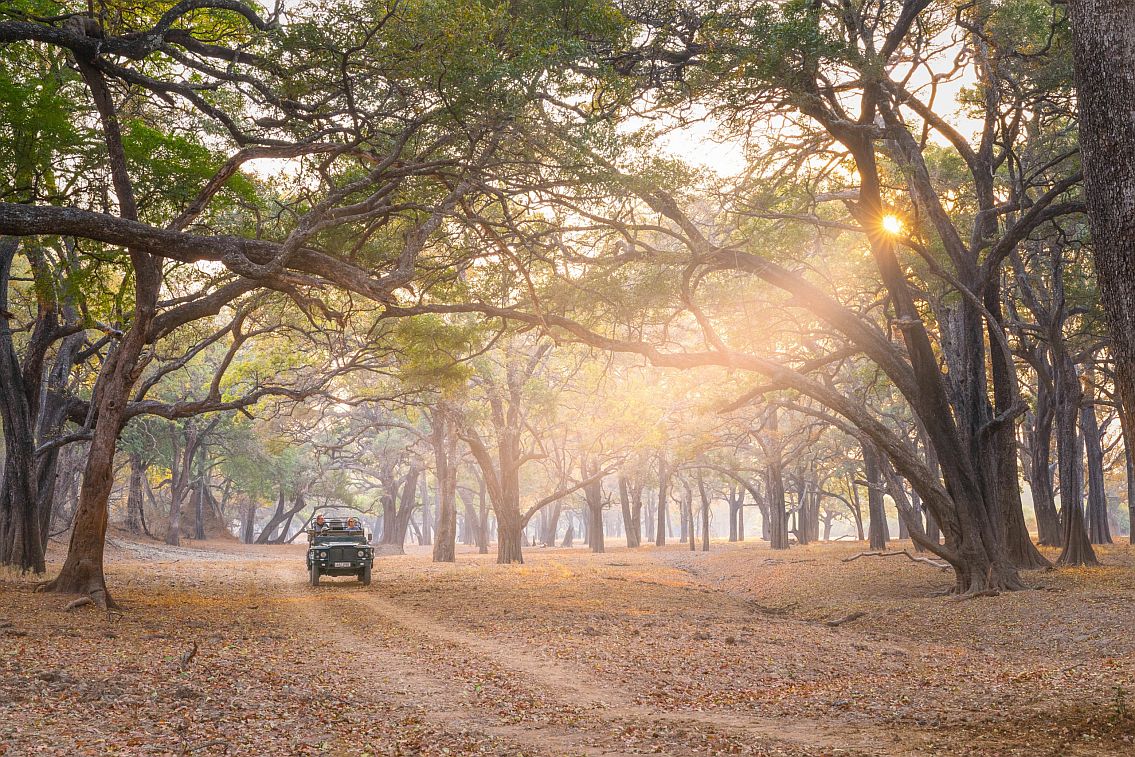
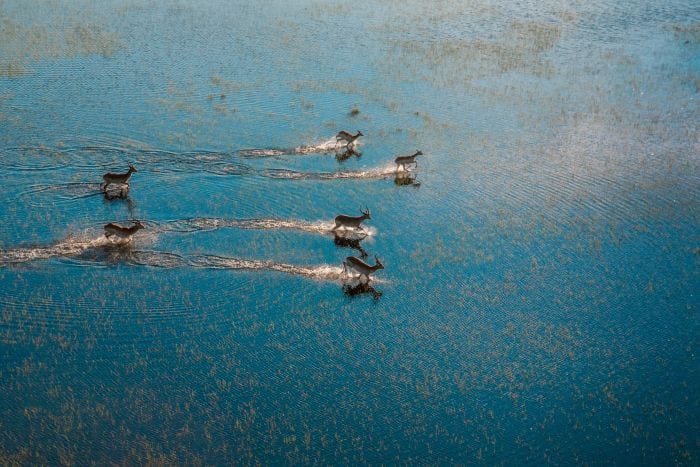
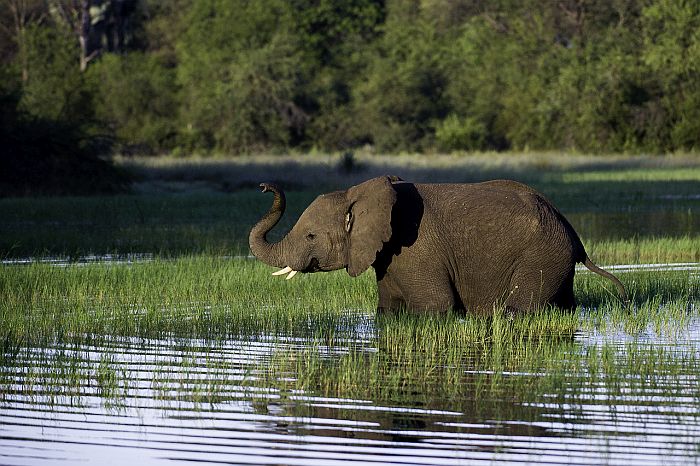
Safari Smart: Understanding Malaria Risks and Prevention
Malaria infection is caused by protozoan of the genus Plasmodium. (This is the only bit of latin in this blog!) Infection begins with a bite from an infected mosquito. There are four species of Plasmodium that infect humans. Each has a different geographical spread, severity, type of symptoms and treatment.
Transmission of malaria usually coincides with the rainy season and is affected by climate and geography. Humans are infected with the parasite by only certain types of mosquitoes. Anopheline mosquitoes are active as dusk falls and throughout the night. So if you see a mosquito at 2 pm in the afternoon, (which is unusual, but can happen), it is highly unlikely to be a carrier of malaria.
Malaria-free Game Reserves in South Africa
Malaria-free Destinations in South Africa?
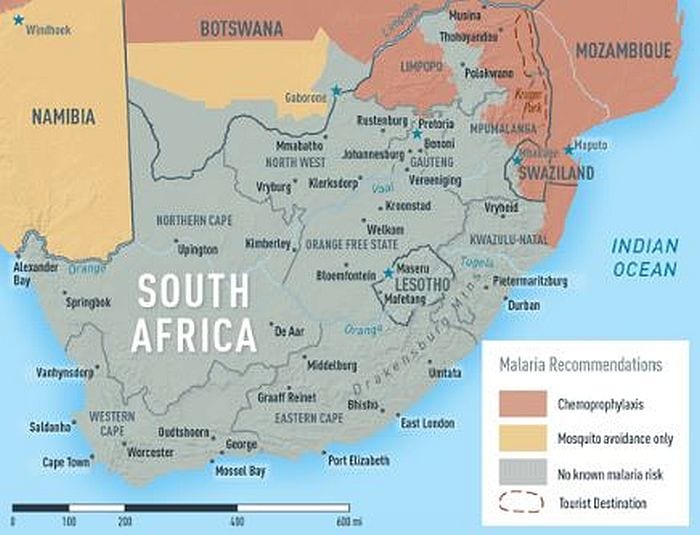
Most safari regions are malarial to some degree. The exceptions are all in South Africa.
But there are several fantastic safari destinations are completely malaria-free—particularly in South Africa. These include the Eastern Cape, the Waterberg, Madikwe, and the Kalahari. Most of Namibia also falls into the low-to-no risk category.
Here is a map from the CDC (Centre for Disease Control) showing Southern Africa and the malarial regions.
You will see that the only areas of South Africa where you need to take anti-malarial medication are in the Kruger and possibly, in the far north of Kwa-Zulu Natal. You also need to take it in the far-northern part of Namibia, northern Botswana and ALL the other safari destinations (eg Victoria Falls, Zimbabwe, Zambia, East and Central Africa as well as Malawi and Mozambique).
Adjacent to these, malaria areas in South Africa are low risk malaria areas where you do not need to take malaria pills but you should avoid getting bitten. This would include the safari areas of KwaZulu Natal for example. (This information was correct at time of publication but should always be checked by visiting a Travel Clinic of Medical Doctor prior to travel.)
However with sensible precautions, malaria is not a serious concern for your safari. See why below…
Download our Guide to Critters, the Fear Factor & Your safari
Scared about critters and other phobias on your African safari? Tips on what you can & can’t avoid on an African Safari. Get out Free Guide hereUnderstanding Mosquito Behaviour/Likes and Malaria
Yes, most of Africa is malarial. However malaria prevalence varies from high risk to low risk; year round to seasonal. So as you consider which areas you want to visit, keep the following factors in mind. These will help you understand why the safari industry says certain areas are worse for malaria than others. Mosquito prevalence is partially a function of three variables:
1) Warmth
2) Water
3) People
4) Time of Day
Wondering what you should wear whilst on safari?
Ensuring you remain covered is a great precaution to take when it comes to mosquito bites. Download our guide on what to wear on safari to learn more about what you should be packing in your suitcase.
Download Now1. When to Travel – Seasonal Considerations (Warmth)
This is why certain areas in South Africa are only seasonal malaria areas. It is simply too cold at night for the mosquitoes to survive in the South African winter and spring months (typically May to mid September). During these months you will not really have to worry. Even elsewhere in Southern Africa mosquito activity will be much less. Similarly much of Tanzania and Kenya, given their high altitudes, have cooler evenings and consequently much less mosquito activity.
Discover South Africa
2. Water
The other reason why the winter months of May to August are generally malaria and mosquito-free in South Africa, and some of the rest of Southern Africa, is that this is the dry season where little to no rain falls. Mosquitoes thrive when there is plenty of surface water during the hot summer rains. So if you plan your safari for August, you will be facing a much lower malaria risk than if you plan your safari for February…
3. People
Malaria is an infection of the blood that is carried from person to person by mosquitoes. If a mosquito bites an infected person, that mosquito can then carry the infection to another person. So malaria thrives in high density areas. This is why malaria is more of a concern in densely populated areas such as Victoria Falls or southern Mozambique than in more sparsely populated areas such as the Okavango Delta or the Makgadigadi pans.
4. When are mosquitos most active
Mosquitoes are most active in the early evening and around dawn—just when you’re likely enjoying a sundowner or heading out on a morning game drive. But because many luxury lodges provide mosquito nets, fans, and repellent, you’re often better protected than you would be elsewhere.
Prevention at the Safari Lodges
The first thing to say is that the safari lodges make a concerted effort to reduce the impact of mosquitoes around the lodge or camp. They spray the chalets with eco-friendly anti-mosquito repellent. Or they put screens on windows. They also may add mosquito nets around beds. So you can have the windows open without worrying about insects.
Malaria-free Safari Options
Tips for Preventing Mosquito Bites (and Malaria)
If you’re heading to a malaria-risk area, a few smart precautions can make all the difference:
See your doctor or travel clinic prior to travel and tell them exactly where you are travelling to. Anti-malaria prophylaxis varies by region. You will also be able to stock up when you arrive in the country. But it is usually best to have have sorted out prevention ahead of time.
Quick Safari Mosquito Tips
- Travel during the dry winter season
- Wear long sleeves at dawn/dusk
- Spray with repellent with DEET or picaridin in late afternoon, especially around the ankles
- If travelling in rainy summer: be more cautious; wear socks & shoes in evening, and cover arms with a light shirt
- Sleep under a mosquito net if provided
- Choose a malaria-free reserve if concerned
Finally, if you suffer from flu-like symptoms up to two weeks after travelling to a malaria-area, then go to your doctor to be tested. Just to be on the safe side. Malaria is generally very treatable as long as it is correctly diagnosed and doesn’t linger in your system untreated.
Note: Malaria for safari visitors is extremely rare. Just to put it in context, none of our clients – over 30 years – have ever contracted malaria. However people living in these areas for many months are more at risk.
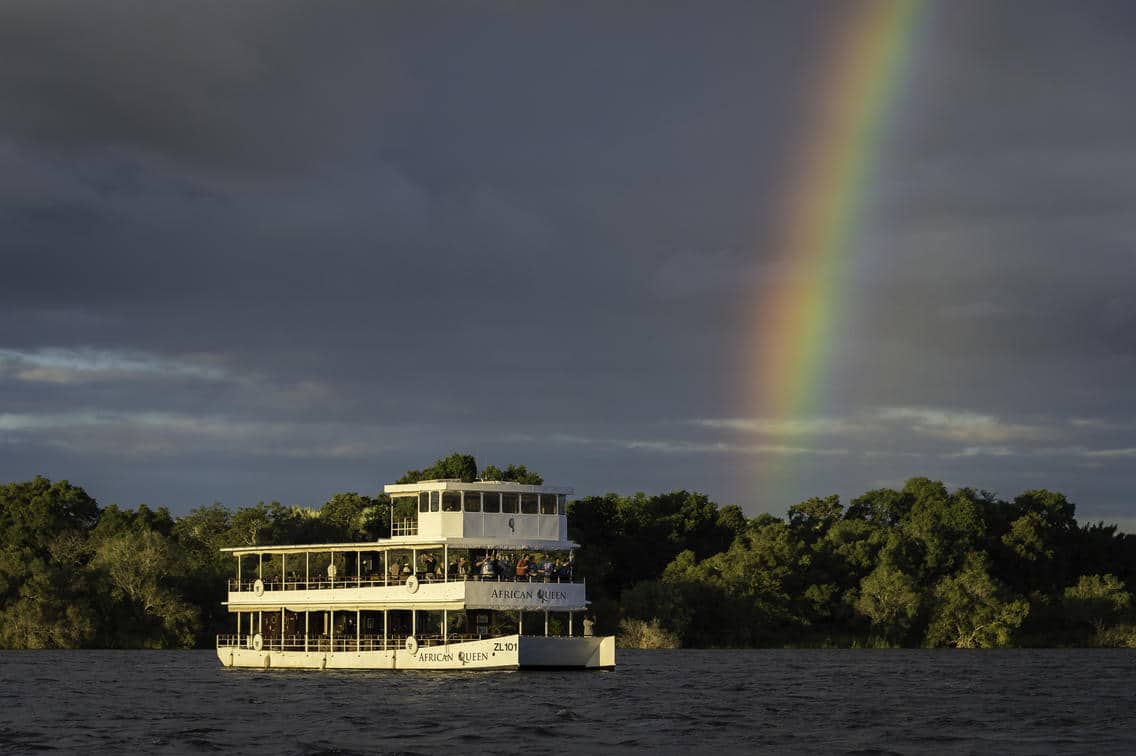
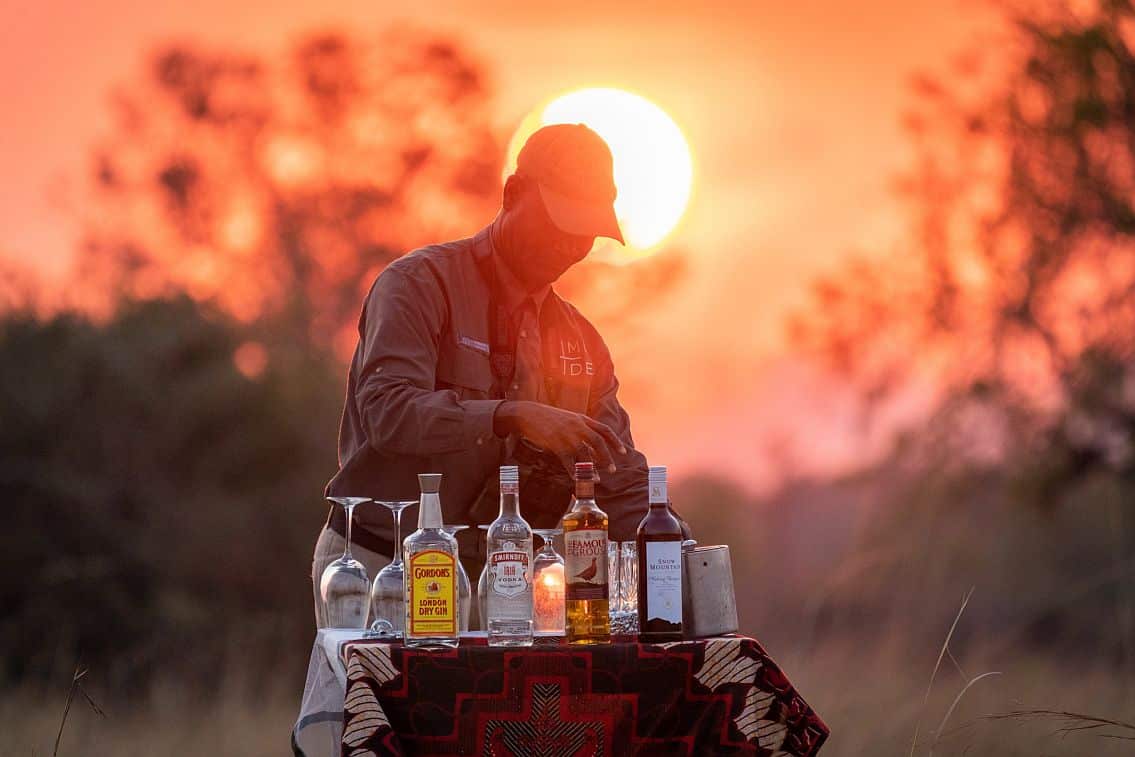
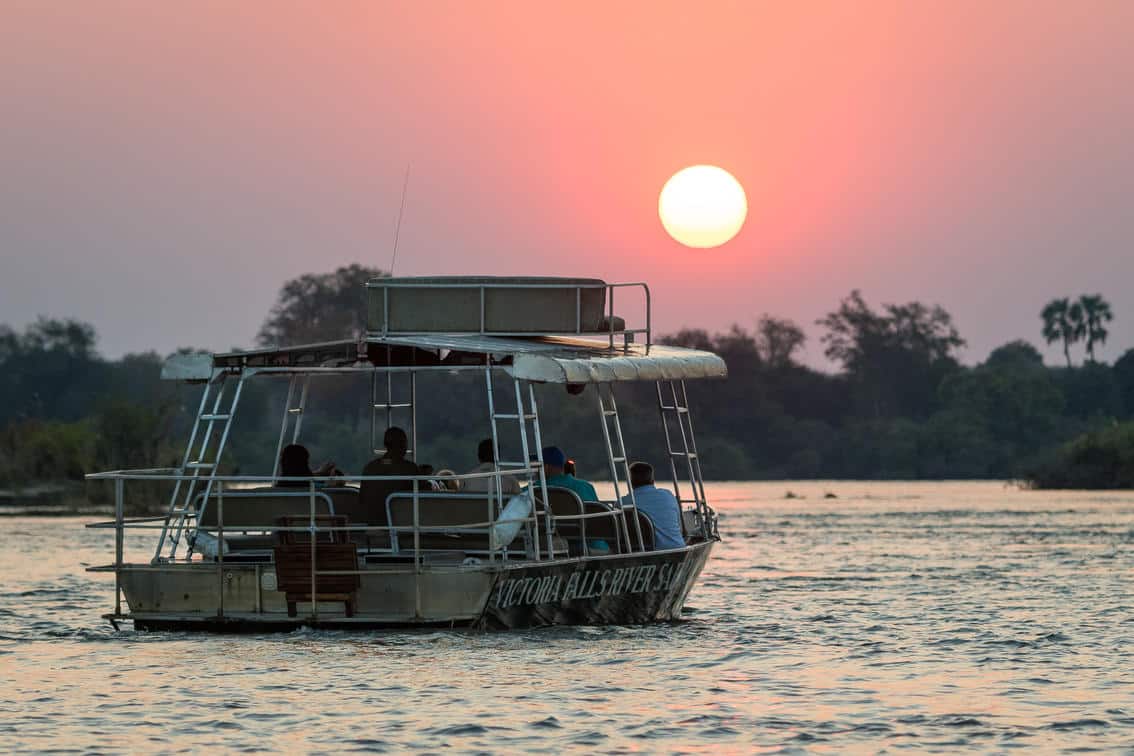
Conclusion on Malaria
Though malaria is a major disease in Africa, it is also important to put it into perspective. If you are worried, then lessen the risk by visiting at a lower risk time ie. the dry winter months (typically May to mid September).
If you have young children, are pregnant or particularly concerned, you can opt to visit a non-malarial area in South Africa. (Such reserves are ONLY in South Africa.) See our post on Malaria-free Game Reserves
But please note that, though the game-viewing in the non-malaria areas has improved dramatically, it still remains that the very top wildlife reserves of Africa are still in malaria areas.
CAVEAT: On a safari, as in life, there are no guarantees. We are not saying there is no risk of mosquitoes and malaria at all at certain times of year, only that the risk is much lower. We are not doctors and so you should always seek medical advice. Your doctor will recommend malaria precautions year round for a declared malaria area, but in reality the risks do vary by season. Thus South Africans will generally not take any malaria precautions in the dry winter months. And they will take their older children to the Kruger at that time of year…
Luxury Safari options in Africa
Embark on a Worry-free Safari Adventure:
Reach out now to discuss your concerns, look at safari timing and even malaria-free safari destinations.
How to Get Started:
- Chat to us about your preferences, interests and current ideas.
- We’ll send you a personalised proposal and price
- We fine-tune it together to give you ultimate peace of mind.
Ready to Plan your Dream Safari?
Concerned about malaria? Let's chat and craft an itinerary tailored just for you?
Contact Us NowMosquitos, Malaria and Your Safari – was written by Ginny from Safari specialists, Cederberg Africa
At Cedarberg Africa, we’ve been crafting exceptional African journeys for over 30 years. We’re a team of safari experts who don’t believe in “off the shelf.” Whether you’re a first-timer or a seasoned traveller, we design trips that reflect your style, pace, and dreams.



